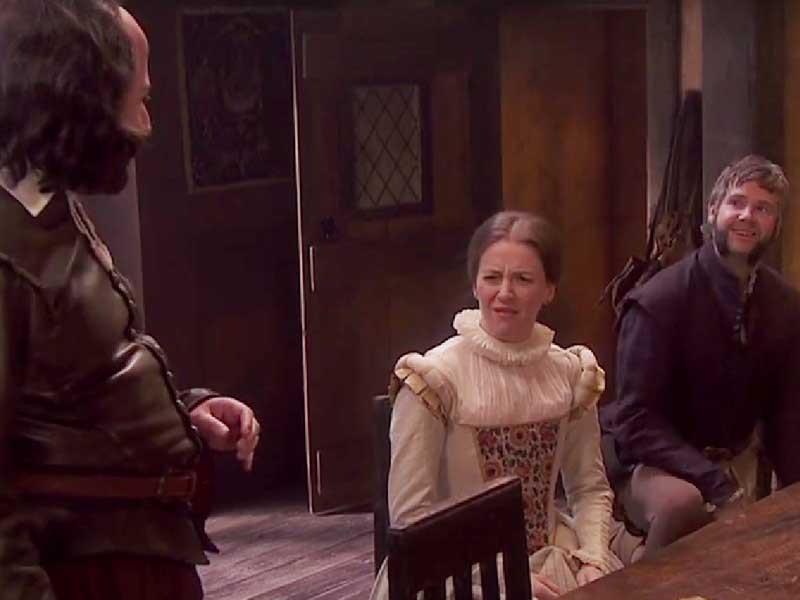
Upstartcrowthecomedy – Sexist Shakespeare? That’s the question scholars and audiences have debated for centuries. While William Shakespeare is widely celebrated as the greatest playwright in history, his portrayal of women often sparks controversy. Were his female characters progressive for their time, or do his plays reinforce outdated gender roles? The debate rages on, with modern productions and critics reexamining his work through a contemporary lens. Even in the world of theater, the Bard’s battle of the sexes continues.
From Lady Macbeth’s ruthless ambition to Beatrice’s sharp wit, Shakespeare’s female characters are anything but one-dimensional. However, many argue that his plays ultimately uphold patriarchal norms. In The Taming of the Shrew, the feisty and independent Katherina is “tamed” into submission by Petruchio, a plotline that has led many to label it a prime example of Sexist Shakespeare.
“Equipping Writers for Success in a Competitive Market”
On the other hand, Shakespeare also wrote women who defied societal expectations. Portia in The Merchant of Venice disguises herself as a man to outsmart the men in court, while Viola in Twelfth Night challenges traditional gender roles with her clever disguise. Some critics believe Shakespeare was ahead of his time, crafting strong, intelligent women who navigated a male-dominated world. Others argue that rigid expectations in the plays’ conclusions overshadow these moments of empowerment.
The debate over Sexist Shakespeare isn’t just confined to literary scholars; it has also found its way into pop culture. Upstart Crow, a British comedy series about Shakespeare’s life, cleverly satirizes the gender politics of his time. The show highlights the contradictions in his work, often pointing out the absurdity of 16th-century attitudes toward women. By doing so, Upstart Crow brings new attention to the Bard’s portrayal of gender, making the discussion relevant and entertaining for modern audiences.
As theater evolves, so do interpretations of Shakespeare’s works. Many modern productions reimagine his plays to challenge outdated gender norms. In all-female or gender-swapped performances, directors flip the script on traditional roles, offering fresh perspectives on classic texts.
Sexist Shakespeare a relic of the past, or does his work still have lessons to teach us? The answer depends on how we choose to stage, read, and interpret his plays. One thing is certain: as long as Shakespeare’s works are performed, the battle of the sexes will continue both on and off the stage.
“Strengthening Primary Healthcare for a Healthier Future”
This website uses cookies.